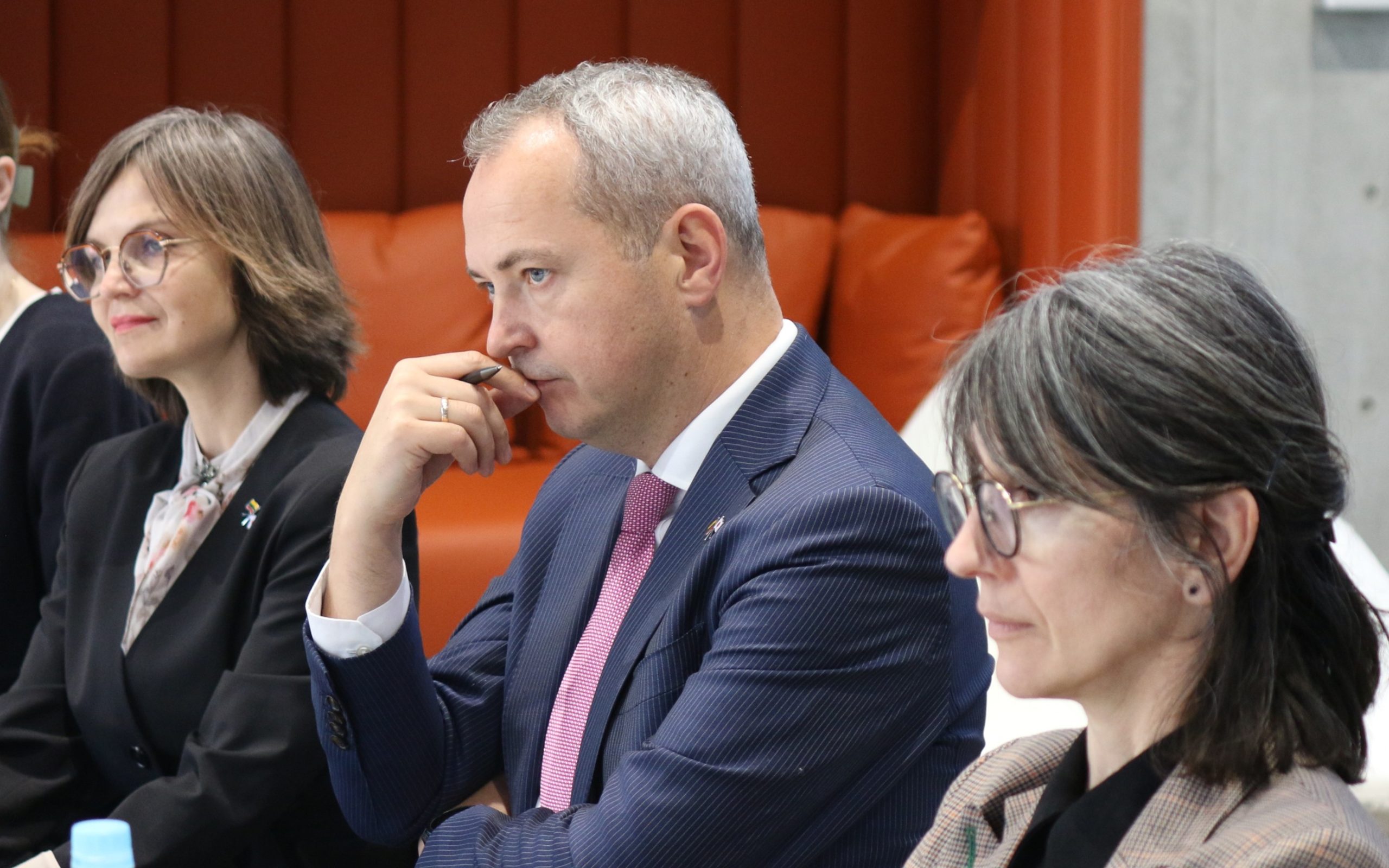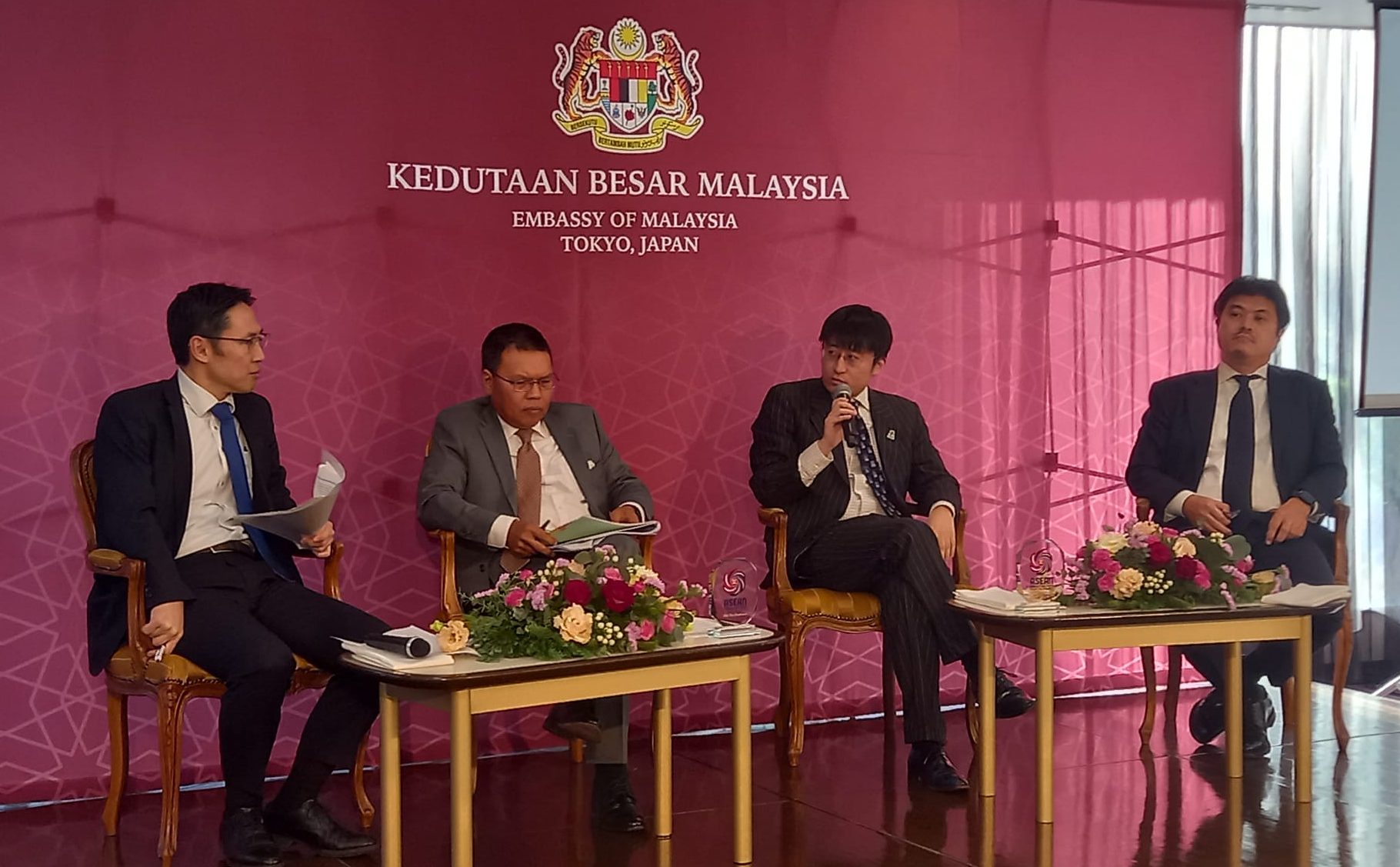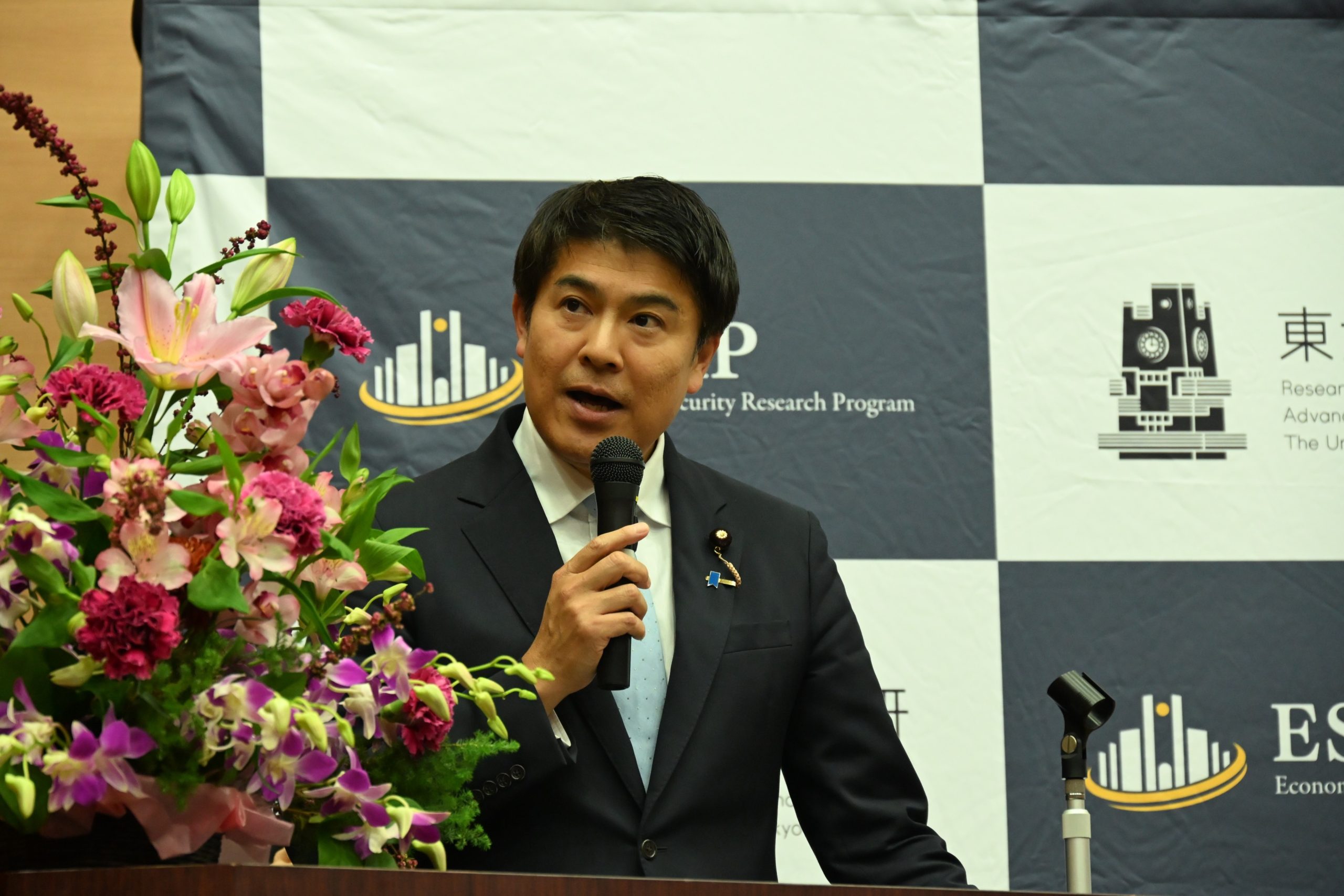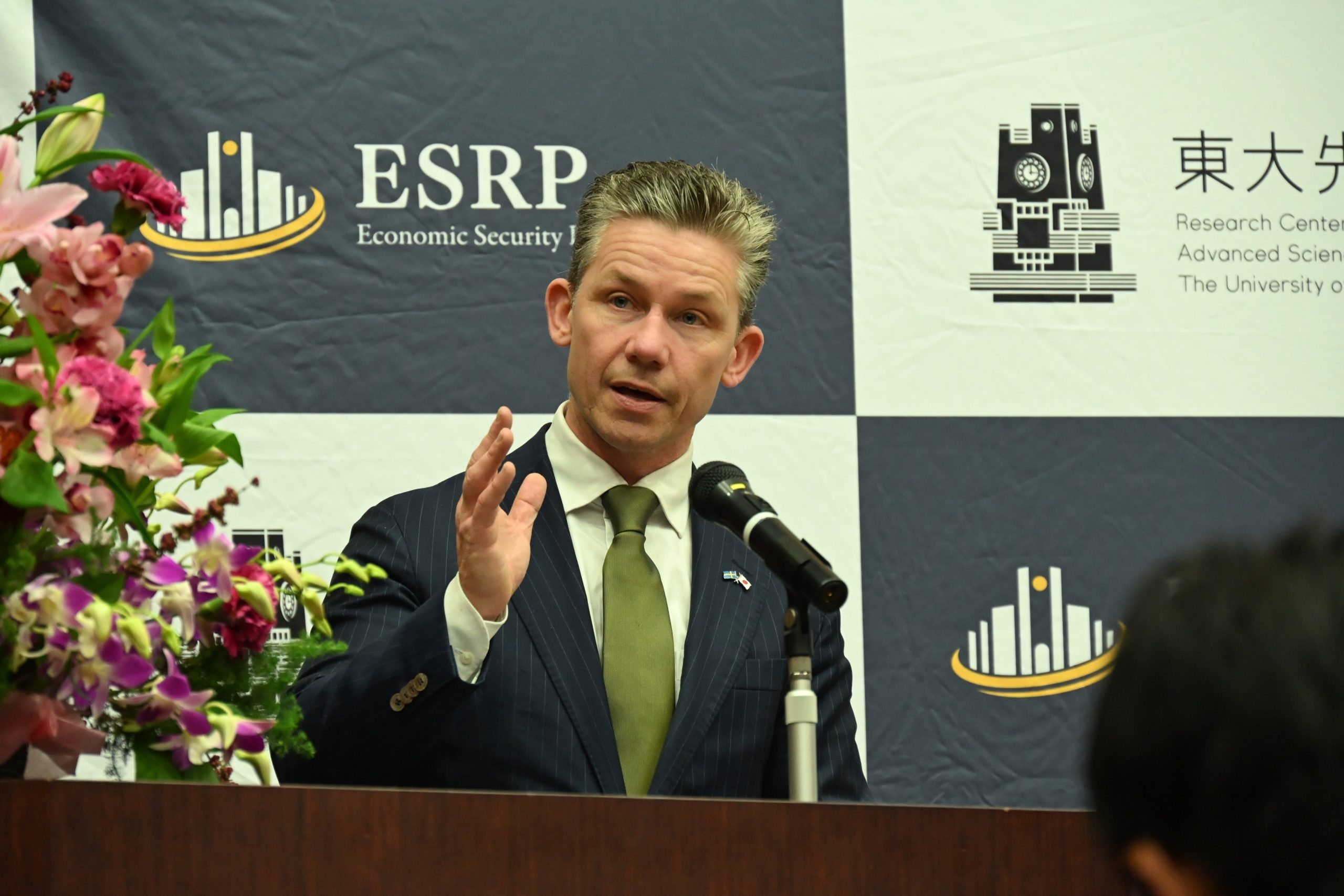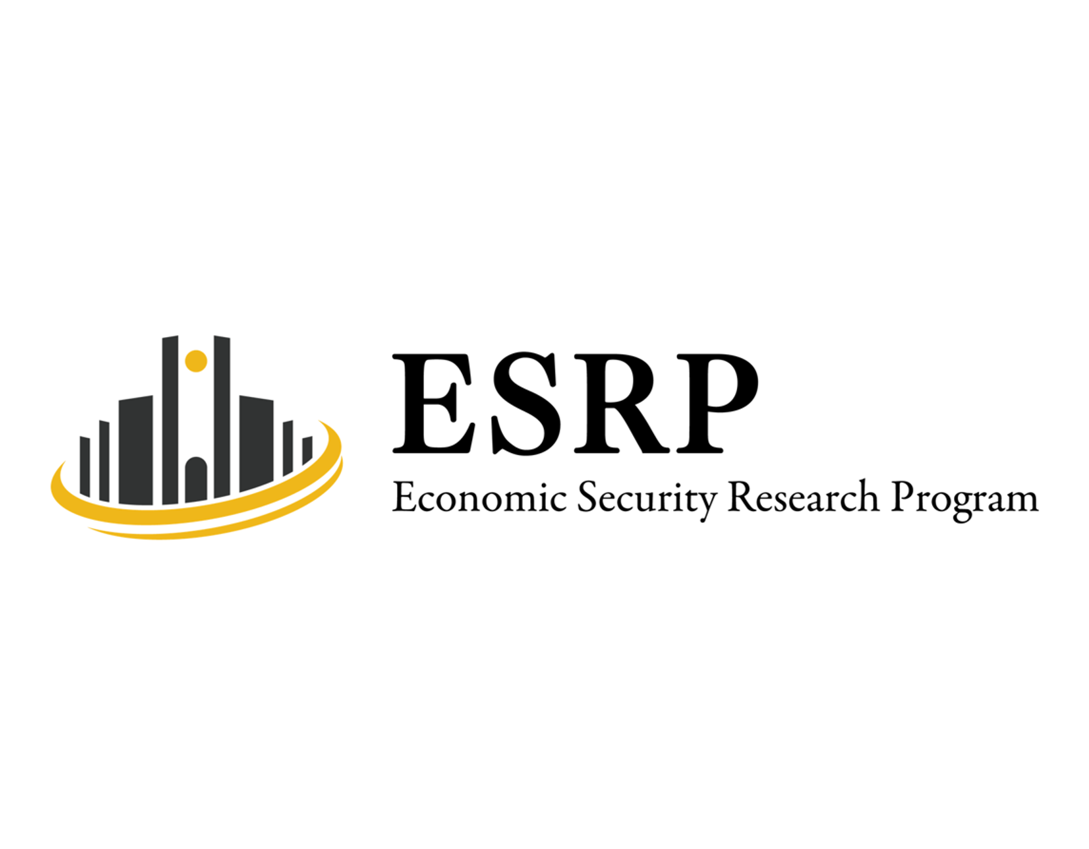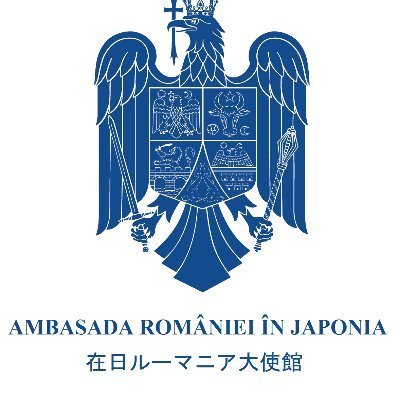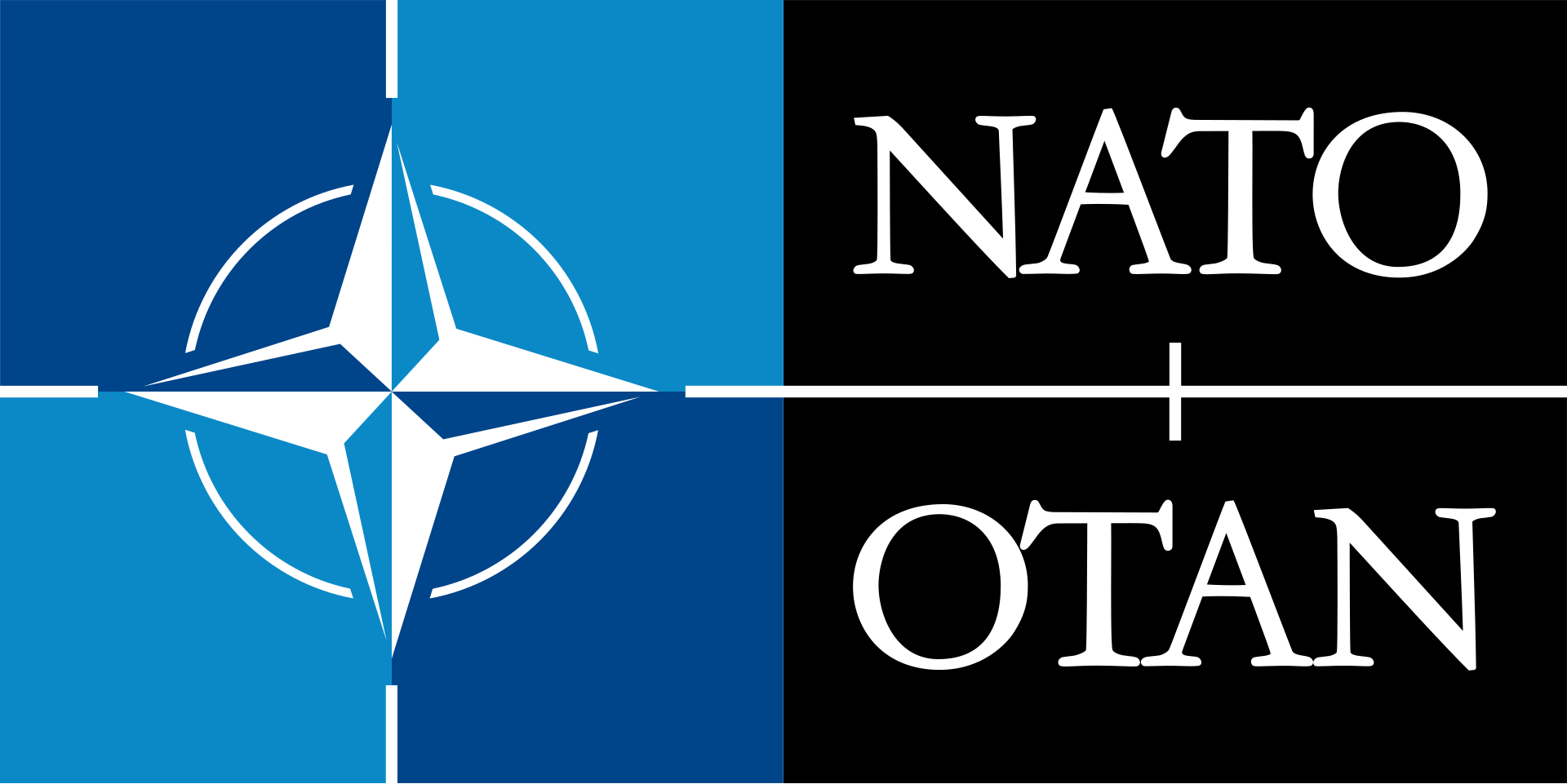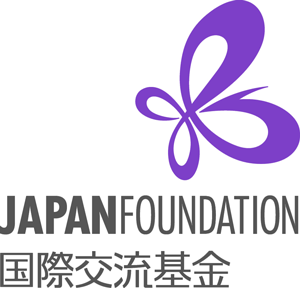English content is in preparation
経済安保国際連携
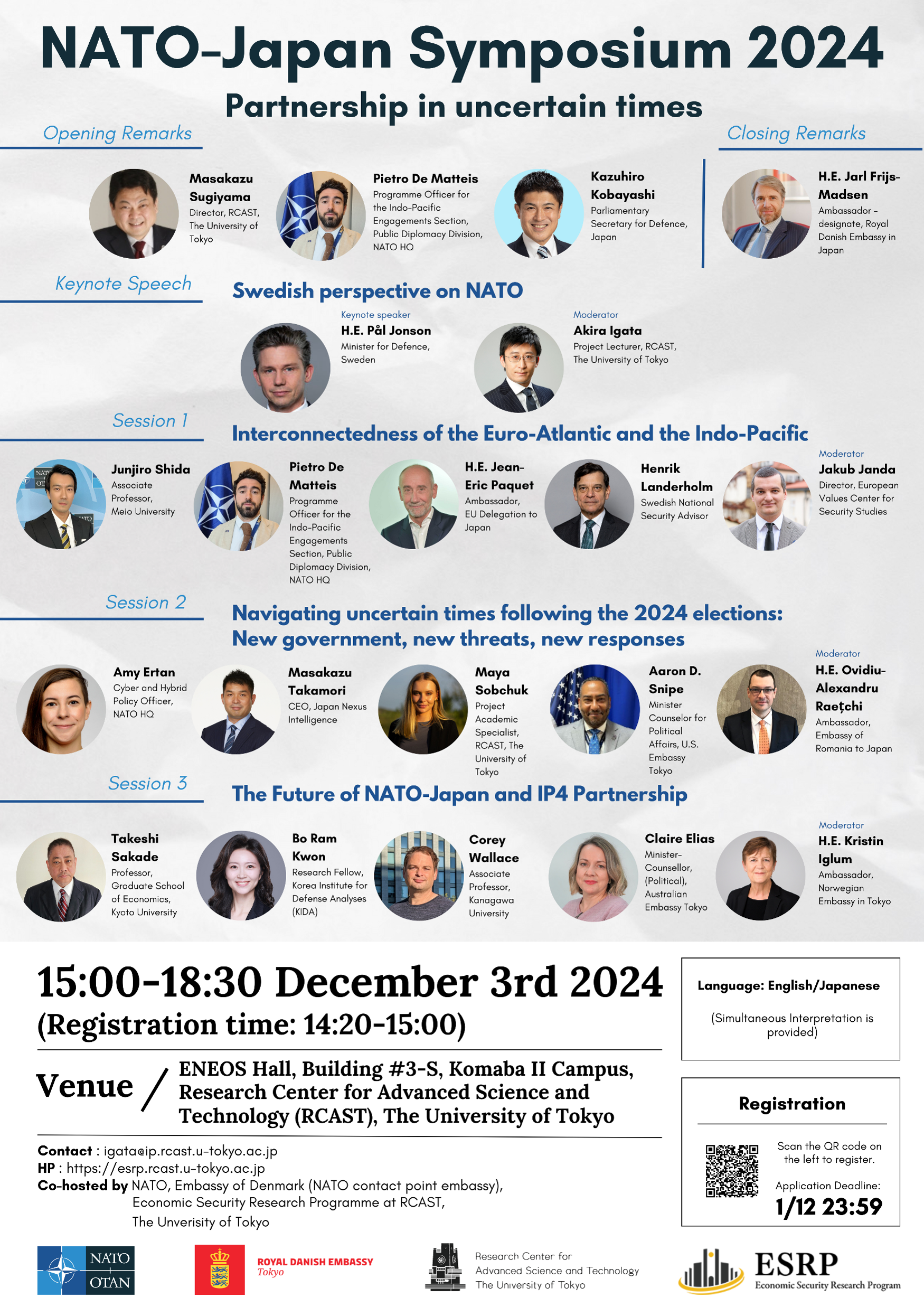
Economic Security Research Program (ESRP) at the Research Center for Advanced Science and Technology (RCAST) at The University of Tokyo, along with the NATO HQ and the Royal Danish Embassy Tokyo (NATO Contact Point Embassy), will co-host the "NATO-Japan Symposium 2024: Partnership in Uncertain Times."
Following the "NATO-Japan Symposium 2023: Emerging Security Challenges," we will once again convene experts from around the world to RCAST, The University of Tokyo to discuss how partner countries can collaborate with each other in the era where uncertainty reigns.
This year, we have the privilege of welcoming the Swedish Defense Minister to make a keynote speech. This will be followed by a discussion among NATO HQ experts, numerous Ambassadors (EU, Norway, Denmark, Romania), and Japan's Parliamentary Vice Minister of Defense, among others.
We will focus on 3 topics during the discussions. (1) Interconnectedness of the Euro-Atlantic and the Indo-Pacific; (2) Navigating uncertain times following the 2024 elections; New government, new threats, new responses; and (3) The Future of NATO-Japan and IP4 Partnership.
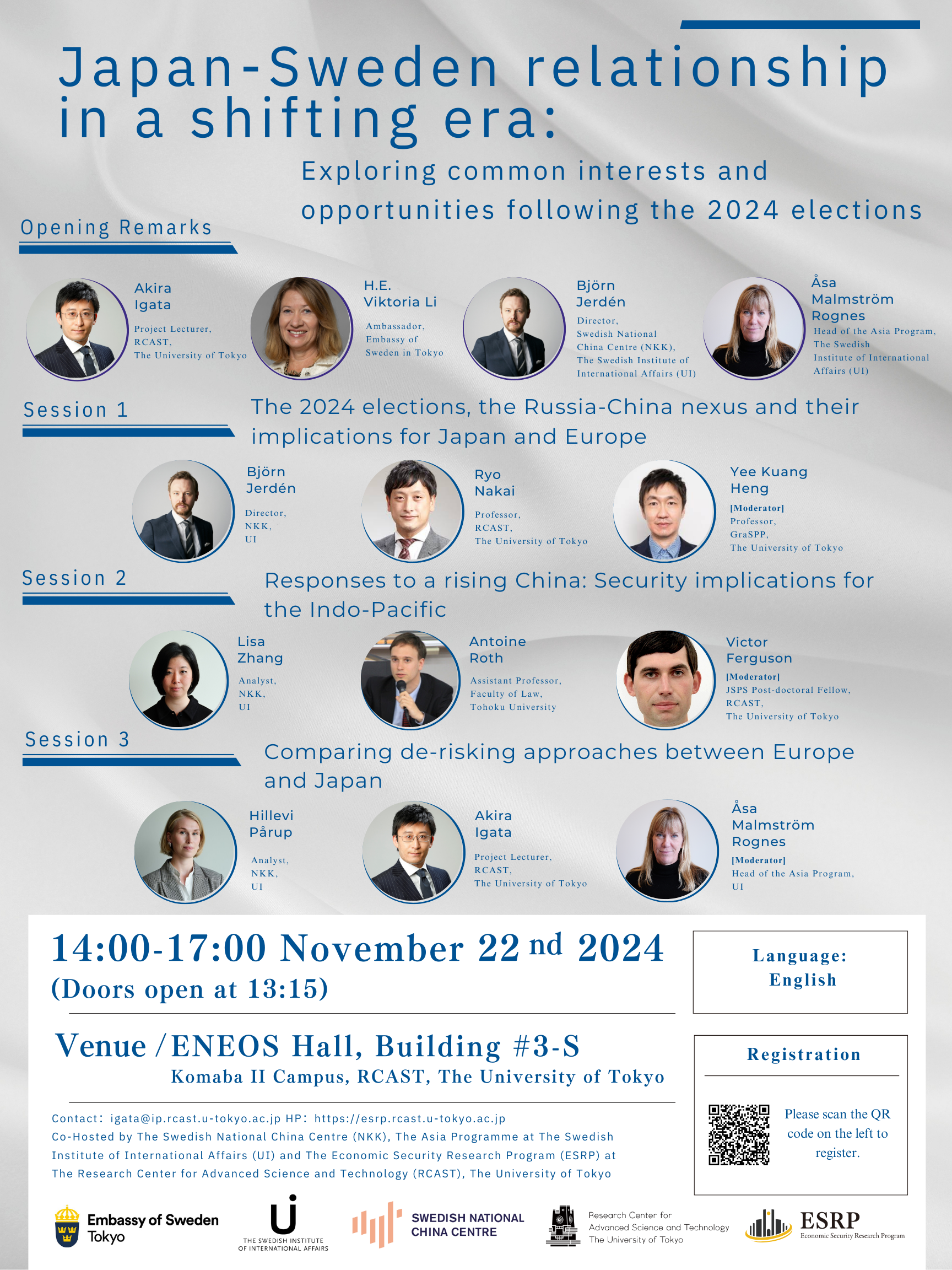
The Economic Security Research Program (ESRP) at The Research Center for Advanced Science and Technology (RCAST), The University of Tokyo and The Swedish National China Centre (NKK) and The Asia Programme at The Swedish Institute of International Affairs (UI) will co-host a symposium, with a backing from the Embassy of Sweden in Tokyo, titled “Japan-Sweden Relationship in a shifting era: Exploring common interests and opportunities following the 2024 elections.”
This symposium will bring together Swedish and Japanese experts on security and economic issues to discuss: (1) How Sweden and Japan perceives the impact of various elections that have taken place in 2024 and the increasing coordination between China and Russia; (2) How Sweden and Japan are responding to the rise of China; and (3) Comparative approaches towards de-risking between Europe and Japan

Taiwan has become a global powerhouse in cutting-edge semiconductor manufacturing and a driving force in the next generation of AI revolution. However, due to its dynamic economic relationship and tense military relations with China, the high-tech island nation has found itself at the forefront of potential global conflict zones since the escalation of the techno-geopolitical era of comprehensive US-China competition.
As economic security becomes an increasingly important element of national security, Taiwan’s experience offers important insights into how the People’s Republic of China (PRC) has advanced its technological power. At the event, Dr. Jeremy Chih Cheng Chang, a research fellow and Director of Semiconductor Policy at DEST, a new launched public think tank in Taiwan, will explain the evolution of Taiwan's economic security framework, exploring historical perspectives and regulatory insights, and discussed lessons learned for international allies.
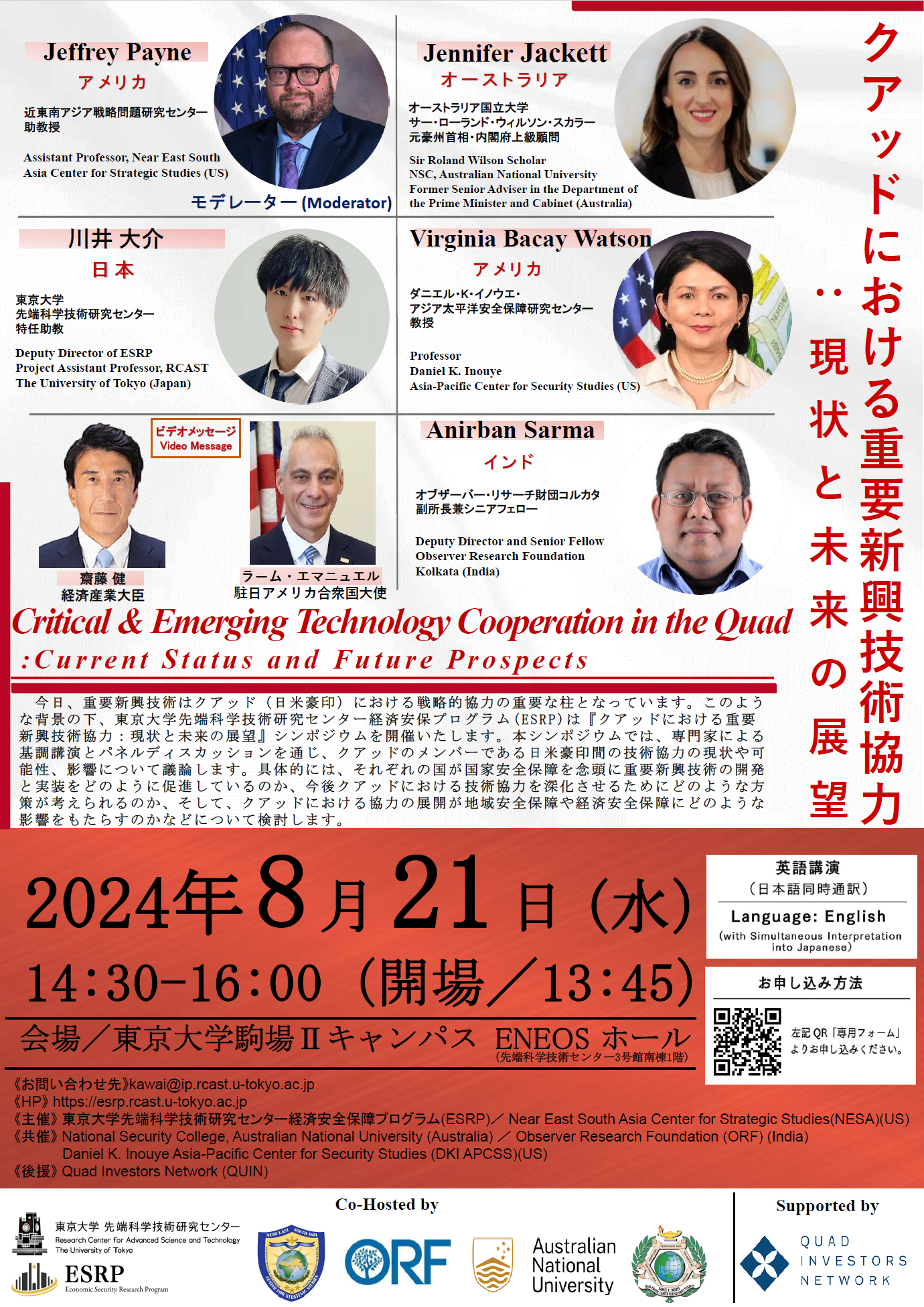
"Critical & Emerging Technology Cooperation in the Quad" symposium aims to explore the technological cooperation among the four Quad countries—the United States, Australia, India, and Japan—and its impact on regional and economic security. This event will feature keynote speeches and panel discussions by experts, focusing on how each Quad member is promoting the development and implementation of critical and emerging technologies with national security in mind. The discussions will also consider measures to deepen this cooperation and examine the Quad's efforts at the forefront of technological innovation, along with their future prospects.
This event is co-hosted by the Economic Security Research Program (ESRP) at the Research Center for Advanced Science and Technology (RCAST), The University of Tokyo (Japan)and the Near East South Asia Center for Strategic Studies (NESA) (US) in collaboration with the National Security College, Australian National University (Australia); the Observer Research Foundation (ORF) (India); the Daniel K. Inouye Asia-Pacific Center for Security Studies (DKI APCSS) (US), and is endorsed by the Quad Investors Network (QUIN).
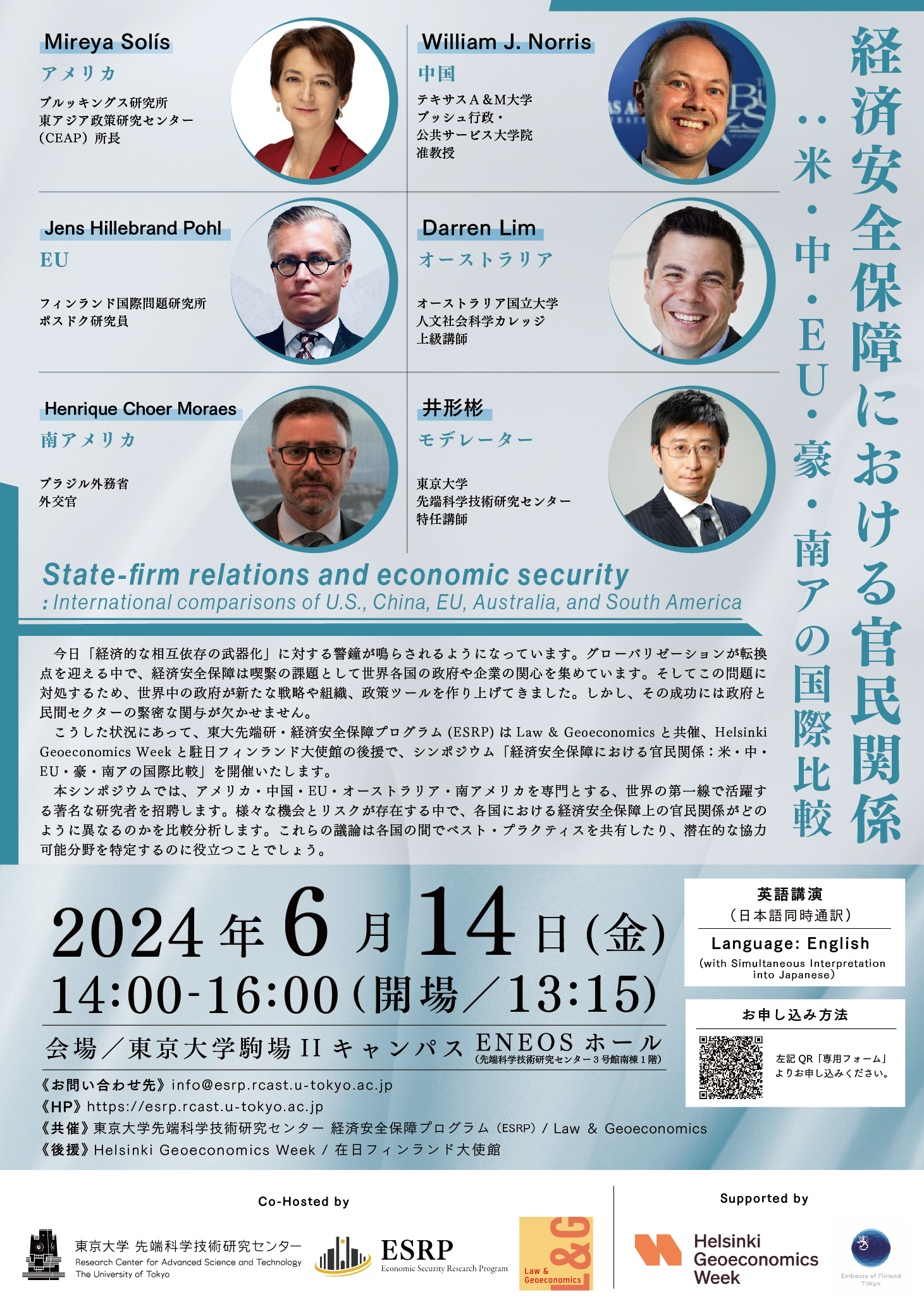
Economy security has recently become a central issue of concern for governments and businesses around the world. Various governments have created new strategies, institutions, and tools to address these new challenges. However, the private sector involvement is critical in the effective implementation of these government policies.
Under these circumstances, the Economic Security Research Program (ESRP) at RCAST, The University of Tokyo and Law and Geoeconomics will convene a symposium titled _State-Firm Relations and Economic Security: International Comparisons of U.S., China, EU, Australia, and South America_, with the support of Helsinki Geoeconomics Week and the Embassy of Finland.
This symposium will bring together experts on economic security from the U.S., China, EU, and South America to compare how state-firm relations differ in regions around the world, especially given the rise of economic security risks and opportunities. This will allow for the sharing of best practices as well as identifying potential areas of cooperation among countries.
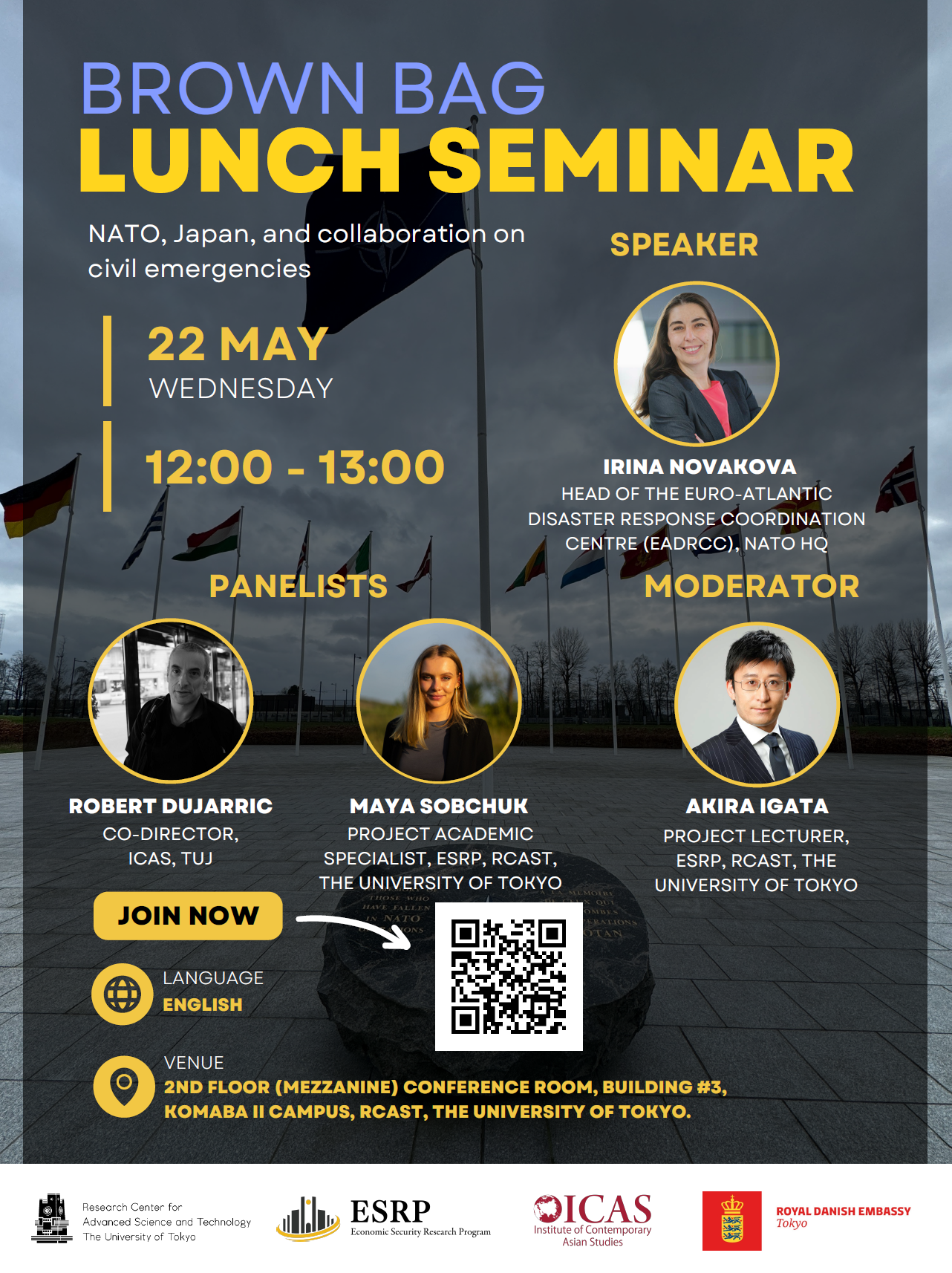
The Economic Security Research Program (ESRP) at the Research Center for Advanced Science and Technology (RCAST), The University of Tokyo and the Institute of Contemporary Asian Studies (ICAS) at Temple University, Japan Campus (TUJ), co-host a brown bag lunch seminar featuring Irina Novakova, the Head of the Euro-Atlantic Disaster Response Coordination Centre (EADRCC), NATO HQ, with the support of Royal Danish Embassy, Japan.
EADRCC is NATO's principal mechanism to respond to civil emergencies. Ms. Novakova will first give a speech addressing NATO's work on cooperative security, which covers cooperation with Japan and working to support partners build up their resilience and security. She'll also focus on examples from support for Ukraine, cooperation on disaster response, and support for building partners' defence capacities.
Her introductory remarks will be followed by comments from two expert panelists. Robert Dujarric (ICAS, TUJ) will give us a historical perspective, while Maya Sobchuk (RCAST, The University of Tokyo) will touch upon the issue of strategic communication and disinformation in disaster responses. Akira Igata will be the moderator, while also commenting from the angle of economic security policies. This will be followed by a moderated discussion and Q&A with the audience.
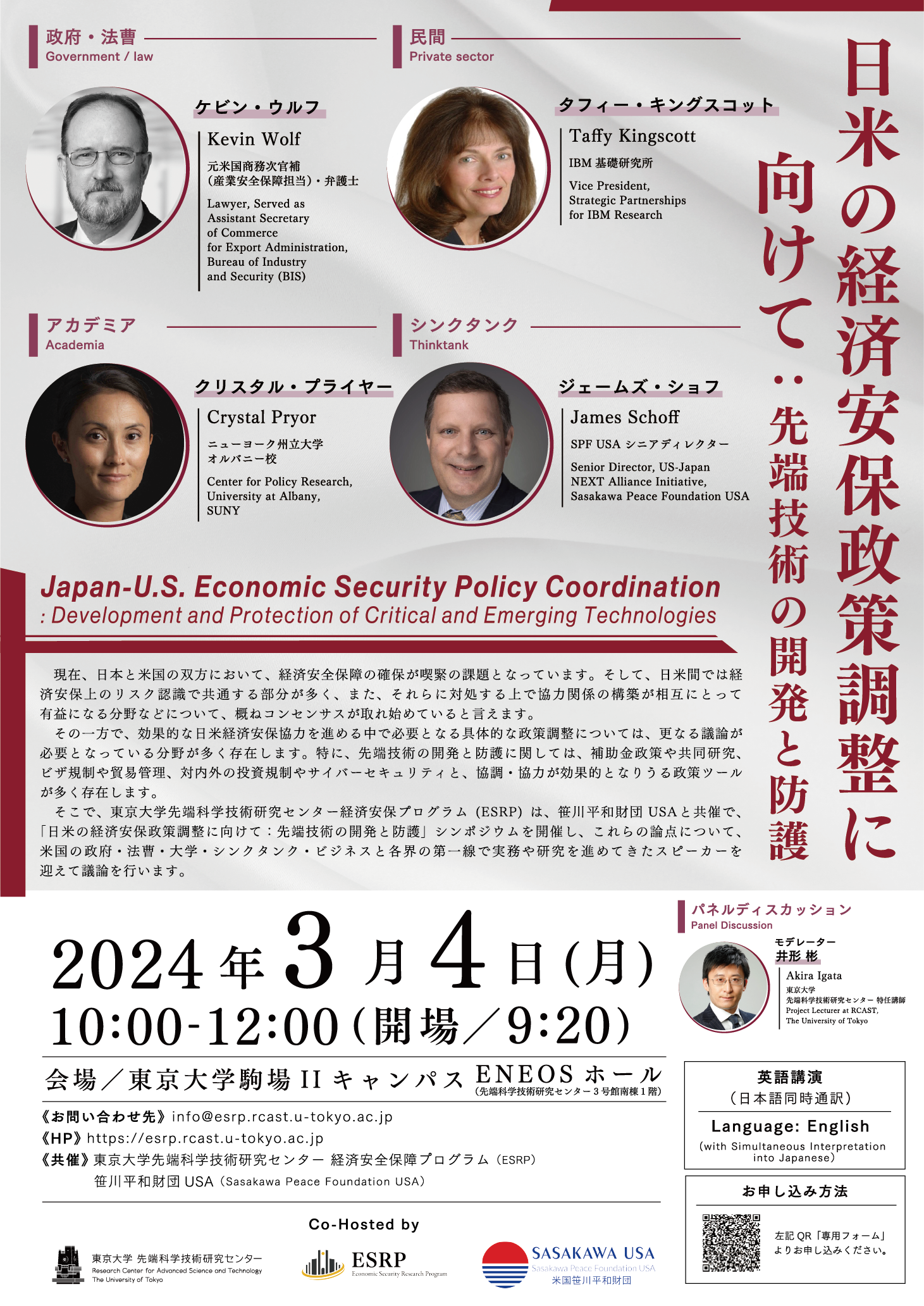
Economic security has become one of the top priority areas for policy-makers in both Japan and the United States. Furthermore, there is now a general consensus between the two countries regarding the perception of shared economic security risks as well as in areas where cooperation among allies and partners in addressing these risks would be mutually beneficial.
However, there are areas of specific policy coordination that require further discussion to promote an effective U.S.-Japan economic security cooperation. The development and protection of critical and emerging technologies is a top concern among them, where coordination and cooperation in using numerous policy tools would be effective in furthering the national interests of both countries. These include: subsidies; joint R&D; visa regulations; export controls; inbound and outbound investment screening mechanisms; and cyber security.
In order to discuss these issues, the Economic Security Research Program (ESRP) at RCAST, The University of Tokyo and Sasakawa Peace Foundation USA will co-host a symposium titled "Japan-U.S. Economic Security Policy Coordination: Development and Protection of Critical and Emerging Technologies" on March 4th. This symposium will feature speakers from the U.S. who have been at the forefront of practice and research in these issues in the government, legal practice, academia, think tank, and business sectors.
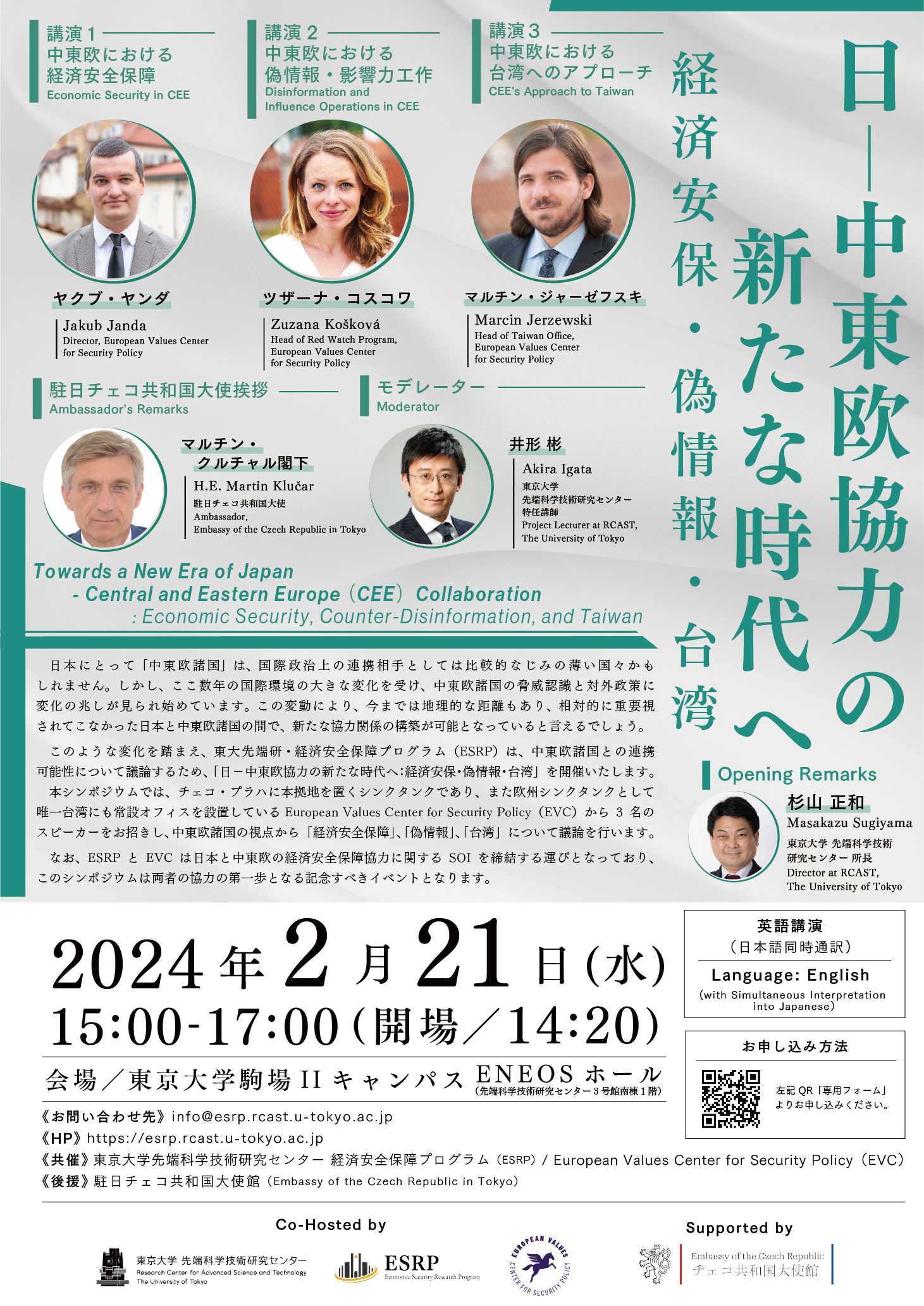
The relationship between Japan and Central and Eastern Europe (CEE) has been one of the underexplored areas in international politics. However, the threat perception and foreign policy of the CEE states are changing due to the dramatic shift in the global security environment. This change has opened up new possibilities for cooperation between Japan and CEE countries.
ESRP is proud to invite three speakers from the European Values Center for Security Policy (EVC), a Prague-based think tank and the only European think tank with a permanent presence in Taiwan. The three speakers will discuss "Economic Security," "Disinformation," and "Taiwan" from the perspective of the CEE countries. This will be followed by a moderated discussion and a Q&A with the audience.
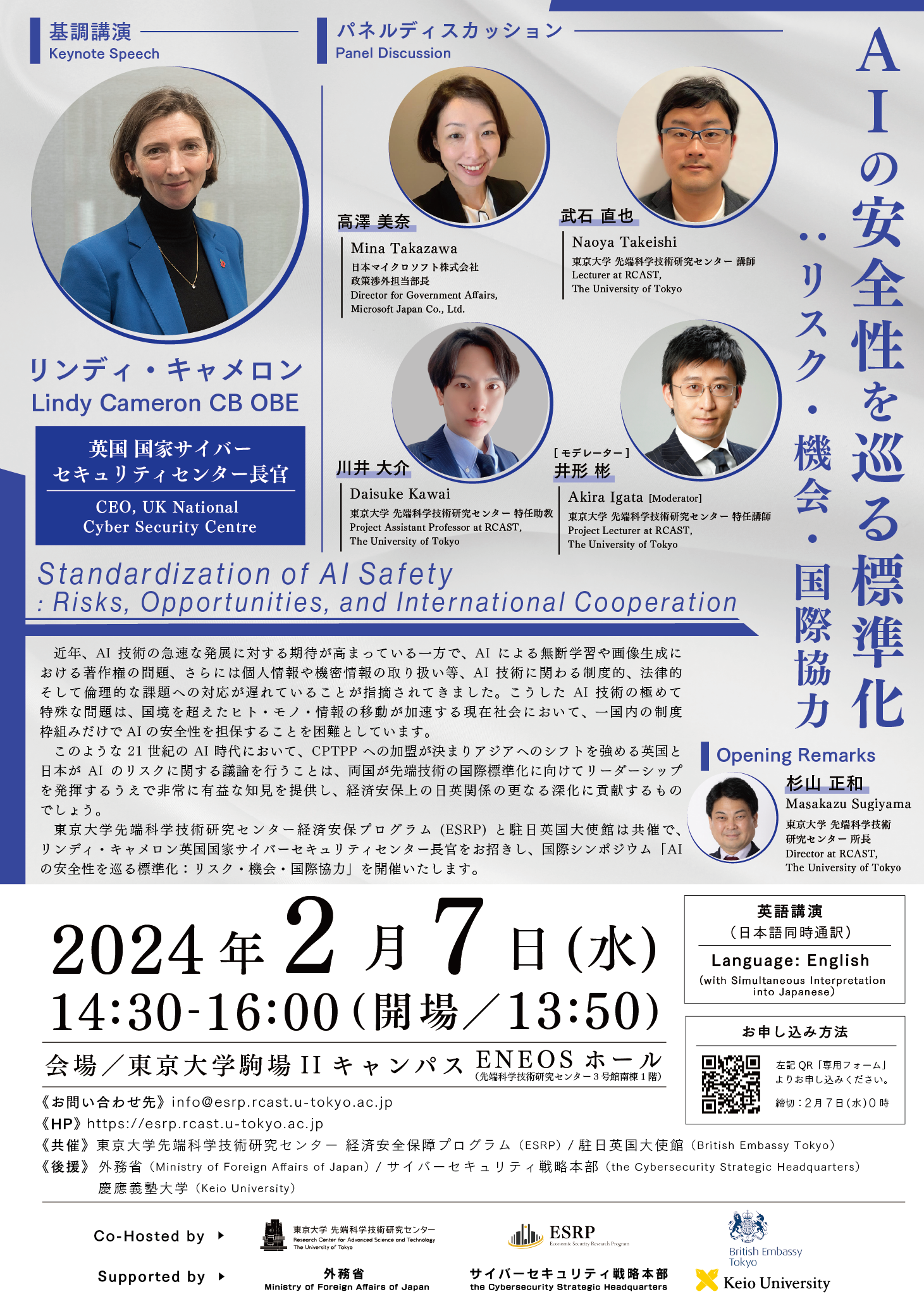
In recent years, while AI technology has rapidly developed, there have been concerns about unauthorized learning by AI, copyright issues in AI-generated images, and the handling of personal and confidential information by AI. These concerns point to delays in addressing institutional, legal, and ethical challenges related to AI technology. The extremely unique problems of AI technology are becoming increasingly difficult to manage within the framework of a single country's systems, especially in our current society where the movement of people, goods, and information across borders is accelerating.
In this 21st century era of AI, the United Kingdom, which is intensifying its shift towards Asia and is on the verge of joining the Trans-Pacific Partnership (TPP), and Japan, will discuss the risks associated with AI. This discussion is expected to be highly beneficial in providing insights for both countries to take leadership in forming rules regarding AI.
In an era of deepening Japan-UK relations, which could be called the 'Rebirth of the Anglo-Japanese Alliance', the Economic Security Research Program (ESRP) at RCAST, The University of Tokyo, and the British Embassy Tokyo will co-host a symposium. The symposium, titled 'Standardization AI Safety: Risks, Opportunities, and International Cooperation,' will be held on February 7th, and will feature Lindy Cameron CB OBE, CEO of the National Cyber Security Centre, as a keynote speaker.
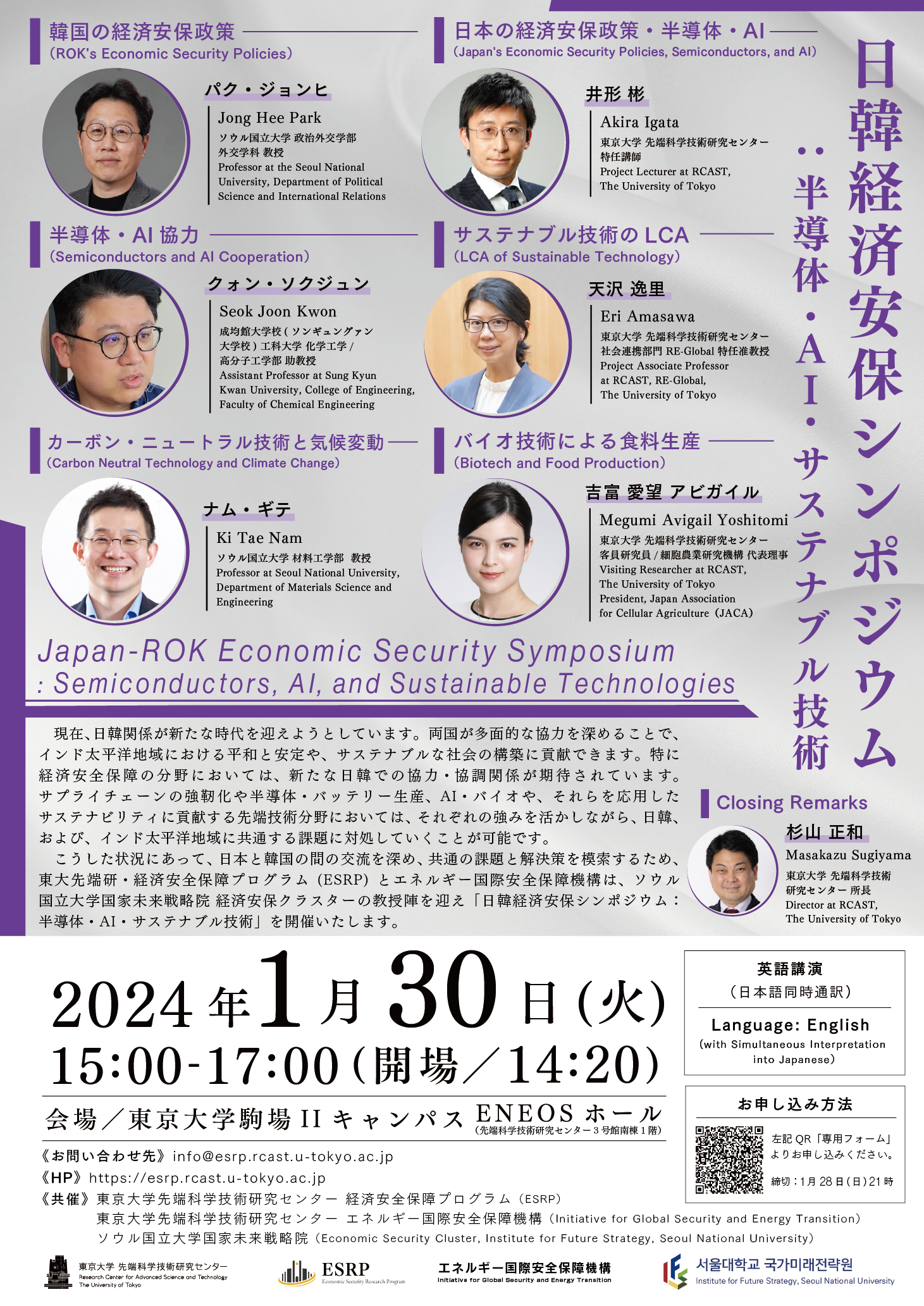
The Japan-ROK relationship is on the brink of a new era. Both nations can significantly contribute to peace and stability in the Indo-Pacific region and the creation of a sustainable society by deepening multifaceted cooperation.
In this context, to deepen exchanges between Japan and South Korea and explore common issues and solutions, the Economic Security Research Program (ESRP) and the Initiative for Global Security and Energy Transition at RCAST, The University of Tokyo welcomes the faculty members from the Economic Security Cluster at the Institute for Future Strategy (IFS), Seoul National University, to co-host an in-person public symposium titled "Japan-ROK Economic Security Symposium: Semiconductor, AI, and Sustainable Technologies" from 15:00-17:00 on January 30.
【ROK's economic Security Policies】
- Jong Hee Park (Professor, Department of Political Science and International Relations, Seoul National University)
【Semiconductors and AI Cooperation】
- Seok Joon Kwon (Assistant Professor, School of Chemical Engineering, Sungkyunkwan University)
【Carbon Neutral Technology and Climate Change】
- Ki Tae Nam (Professor, Material Science and Engineering, Seoul National University)
【Japan's Economic Security Policies, Semiconductors, and AI】
- Akira Igata (Director of ESRP / Project Lecturer, RCAST, The University of Tokyo)
【LCA of Sustainable Technology】
- Eri Amasawa (Project Associate Professor, RCAST, RE-Global, The University of Tokyo)
【Biotech and Food Production】
- Megumi Avigail Yoshitomi (Visiting Researcher, RCAST, The University of Tokyo / President, Japan Association for Cellular Agriculture (JACA))
Mailing List
The earliest information about the latest event will be delivered.
Please register from the button below.



